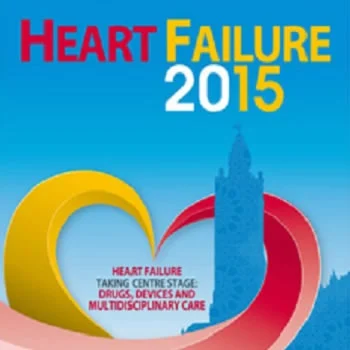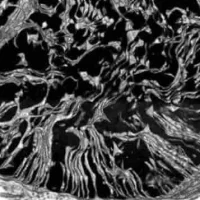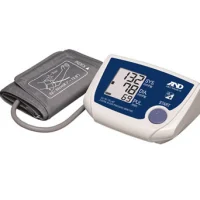In a late-breaking trials session at Heart Failure 2015, Dr. Marc Penn, a cardiologist at Summa Cardiovascular Institute in Akron, Ohio, U.S., announced that the gene therapy SDF-1 remodelled the hearts of high risk heart failure patients in the phase II STOP-HF trial. Heart Failure 2015 is the main annual meeting of the Heart Failure Association (HFA) of the European Society of Cardiology (ESC).
Dr. Penn, the principal investigator, stated that the degree of heart remodelling induced by SDF-1 over-expression should give a greater than 80% chance of mortality benefit in future trials.
STOP-HF was a phase II, double blind, randomised, placebo controlled trial that evaluated the safety and efficacy of SDF-1 in patients with ischaemic heart failure. The study included 93 patients with ischaemic heart failure who had a left ventricular ejection fraction (LVEF) of 40% or lower and were symptomatic. Patients were randomised 1:1:1 to receive a single treatment of 15mg or 30mg SDF-1 through an endocardial injection catheter inserted through the groin or placebo and were followed for 12 months.
The primary endpoint of the trial was a composite score of 6 minute walk distance and quality of life questionnaire. The trial did not achieve statistical significance on the primary endpoint as the composite endpoint was increased in both the control and treated cohorts.
Patients treated with SDF-1 trended to an improvement in LVEF and LV end systolic volume (LVESV) but the results were not significant. Patients with the worst heart failure and given 30mg SDF-1 showed a 7% increase in LVEF as compared to a 4% decrease in the placebo group (p<0.01) at 12 months. These patients also trended towards a 18.5 ml decrease in LVESV compared to a 15 ml increase with placebo (p=0.10). No serious adverse events to the drug were observed during the trial.
Dr Penn said: “We found that high risk patients, particularly those patients with weaker hearts, had more significant remodelling of their hearts with improvement in the squeeze (ejection fraction) and decrease in the size of the heart. These improvements in LVEF and LVESV are 80% likely to result in a 2 year reduction in mortality of 20%, based on probability estimates developed from multiple clinical trials.”
Dr. Penn also notes that the study could have reached statistical significance if the enrolment was limited to high risk patients. He said that the phase II STOP-HF2 trial is currently under review by the FDA and will focus on high risk heart failure patients.
Dr Penn concluded that SDF-1 may be used in the prevention of heart failure and treatment of existing heart failure in the future. He believes that the results of the animal studies suggest that it is possible to prevent less sick heart failure patients from progressing to class III.
Source: European Society of Cardiology
Image Credit: escardio.org










